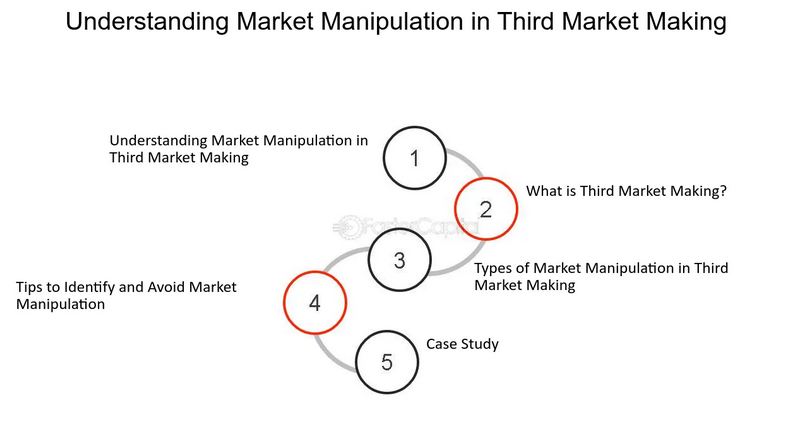The question of whether manipulation is an inherent part of marketing is complex and depends on the perspective from which it is viewed. Marketing, at its core, involves influencing consumer behavior and perceptions to promote products or services. This influence can be ethical and transparent, or it can be manipulative and deceptive. Here are some points to consider:

Ethical Marketing:
- Informed Decision-Making: Ethical marketing strives to furnish consumers with accurate and transparent information, enabling them to make well-informed decisions about products or services.
- Building Trust: Ethical marketers concentrate on nurturing long-term relationships with customers grounded in trust. They prioritize honesty, integrity, and customer satisfaction.
Manipulative Marketing:
Exploiting Emotions: Some marketing strategies intentionally play on consumers’ emotions to evoke a sense of urgency or desire, potentially leading to impulsive decisions.
Deceptive Tactics: Manipulative marketing may involve the use of deceptive tactics, such as false advertising, exaggerated claims, or concealing crucial information, to influence consumer perception.
Gray Areas:
Persuasion vs. Manipulation: The demarcation between persuasion and manipulation can be ambiguous. Persuasion involves presenting information to influence decisions, while manipulation implies deceptive or coercive tactics.
Behavioral Economics: Marketers often draw on principles from behavioral economics to comprehend and influence consumer behavior. Techniques such as scarcity, social proof, and anchoring can be employed both ethically and manipulatively.
While marketing, inherently, involves persuasion, manipulation becomes problematic when it involves deceit, coercion, or the exploitation of vulnerabilities. Ethical marketing practices prioritize consumer welfare, honesty, and transparency. In recent years, there has been a heightened focus on ethical and responsible marketing.
Ultimately, whether manipulation is intrinsic to marketing depends on the values and principles embraced by individual marketers and organizations. Ethical marketing is not only conceivable but is progressively becoming a standard that businesses are encouraged to adopt to foster trust and credibility in the marketplace.
